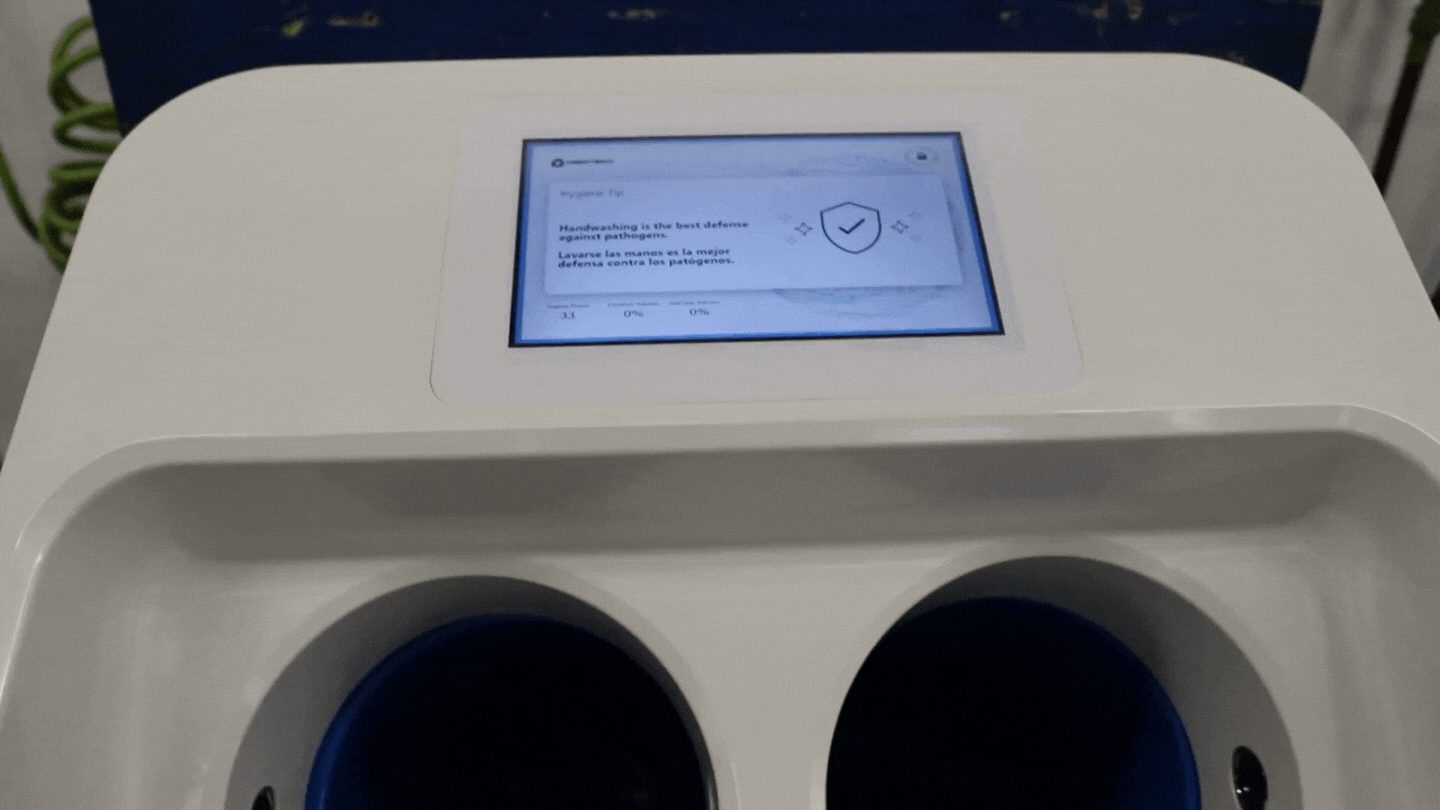Navigating Compliance Issues for Food Safety
Food safety is a pressing concern that impacts both consumers and businesses. It is not only a matter of public health, but also a legal and ethical responsibility for those operating in the food industry. Navigating the complex landscape of food safety compliance requires a comprehensive understanding of regulations, best practices, and ongoing monitoring. In this blog post, we will delve into the significance of food safety compliance and provide valuable insights for businesses to successfully navigate this crucial aspect of the food industry.
The Importance of Food Safety Compliance
 Ensuring public health is at the forefront of food safety compliance. The consequences of consuming contaminated or unsafe food can range from minor stomach discomfort to serious foodborne illnesses. By adhering to food safety regulations, businesses can proactively prevent such incidents and protect the well-being of consumers.
Ensuring public health is at the forefront of food safety compliance. The consequences of consuming contaminated or unsafe food can range from minor stomach discomfort to serious foodborne illnesses. By adhering to food safety regulations, businesses can proactively prevent such incidents and protect the well-being of consumers.
Compliance with food safety regulations is not a choice; it is a legal obligation that cannot be ignored. The Food and Drug Administration (FDA) has established stringent standards that food businesses are required to follow. Failure to comply can lead to severe consequences, including financial penalties, product recalls, and potential legal repercussions.
Learn more about FSMA Requirements
Maintaining a strong reputation and fostering trust with consumers is crucial in the food industry. A single incident of food safety negligence can have far-reaching consequences, resulting in a loss of customers and significant damage to a brand's image. By adhering to food safety compliance, businesses can demonstrate their unwavering commitment to providing high-quality and safe food, thereby building trust with consumers.
Navigating Food Safety Compliance Issues
-
Stay up to date: Food safety regulations and standards are constantly evolving, making it vital for food businesses to stay informed about the latest updates. This can be accomplished by regularly checking government websites, joining industry associations, and actively participating in training sessions or workshops.
-
Create a Robust Food Safety Plan: Building a thorough and effective food safety plan is the cornerstone of compliance. This plan must encompass guidelines for handling, storing, and transporting food, as well as comprehensive employee training. Additionally, it should outline clear steps to be taken in the event of contamination or recalls.
-
Implementing a HACCP system is widely acknowledged as a global strategy for identifying and managing food safety hazards. This method entails a systematic and thorough evaluation of risks, along with the implementation of preventive measures at crucial stages in the food production process.
-
Regular audits and inspections play a pivotal role in guaranteeing adherence to food safety standards. By conducting routine assessments of your facilities and processes, you can proactively identify any potential issues and swiftly implement corrective measures. This proactive approach ensures that your business remains in compliance with regulations and maintains a strong commitment to providing safe and high-quality food for consumers.
-
Continuous training and education are essential investments for your staff. It is imperative that every employee, from kitchen staff to management, fully comprehends their crucial roles and responsibilities in upholding optimal food safety standards.
-
Record-keeping is an essential aspect of ensuring food safety compliance. It is imperative to maintain comprehensive and detailed records of all food safety procedures, training sessions, and audits conducted. These records not only serve as evidence of compliance with regulations but also provide valuable insights for identifying areas that can be improved upon. Proper documentation is a powerful tool that helps businesses enhance their food safety practices and maintain the highest standards of quality and safety.

CleanTech® Automated Handwashing Stations are a powerful tool that can greatly assist businesses in tracking compliance data for food safety. With its advanced technology and automation capabilities, CleanTech® provides a streamlined and efficient solution for monitoring and managing compliance requirements. The system's comprehensive compliance tracking functionality ensures that businesses have a complete and accurate record of their handwashing compliance efforts, allowing them to quickly and easily demonstrate compliance with regulations.
Food safety is an absolute necessity in the food industry. Successfully navigating compliance issues for food safety is an ongoing endeavor that requires unwavering dedication, meticulousness, and a steadfast commitment to best practices. By staying well-informed, crafting a comprehensive food safety plan, and making investments in training and audits, businesses can not only guarantee the safety of the food they produce for consumers but also safeguard their reputation in the process. Compliance is not merely a legal obligation; it is an integral component of responsible and ethical food production.






